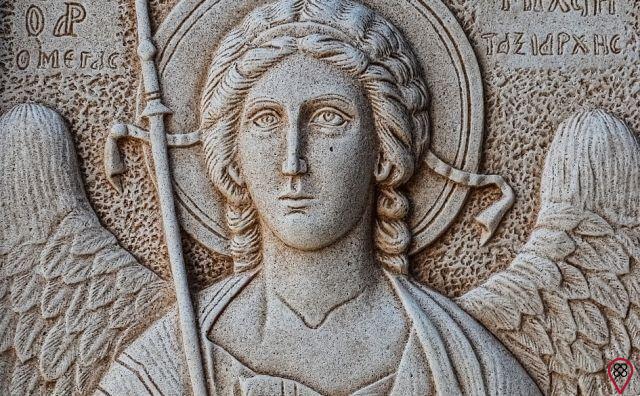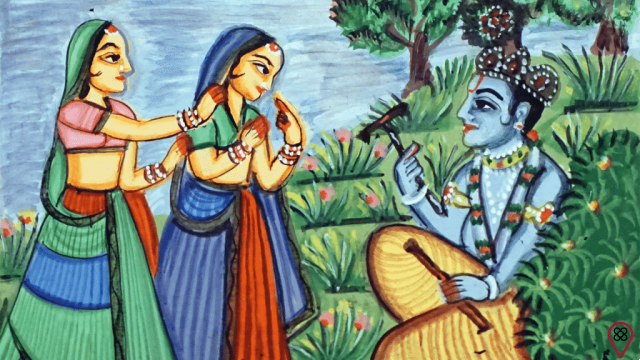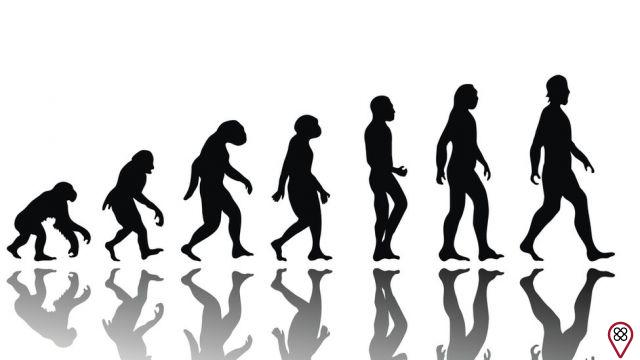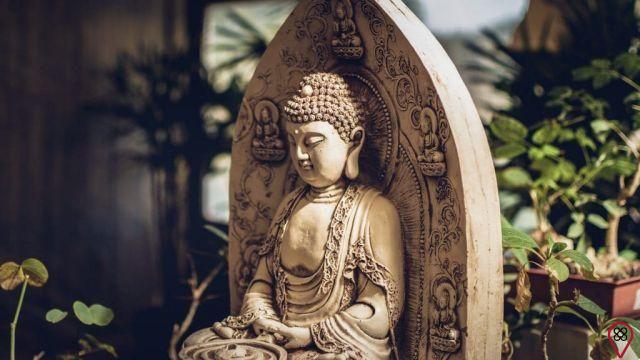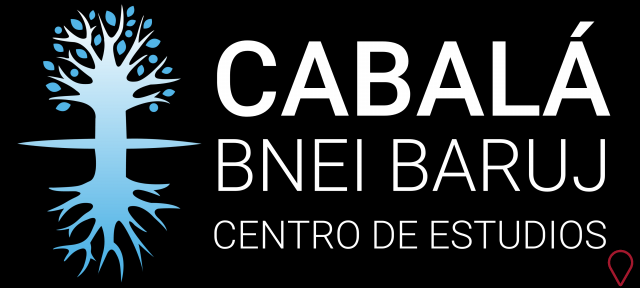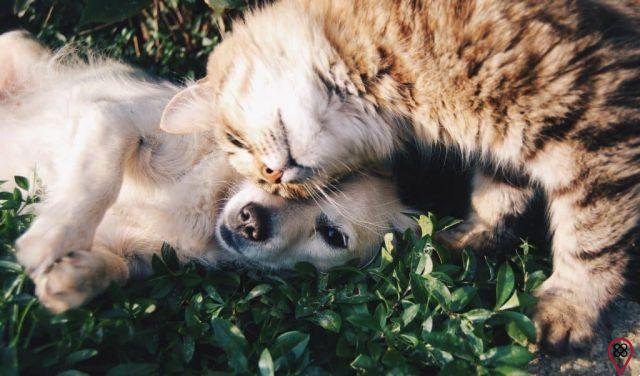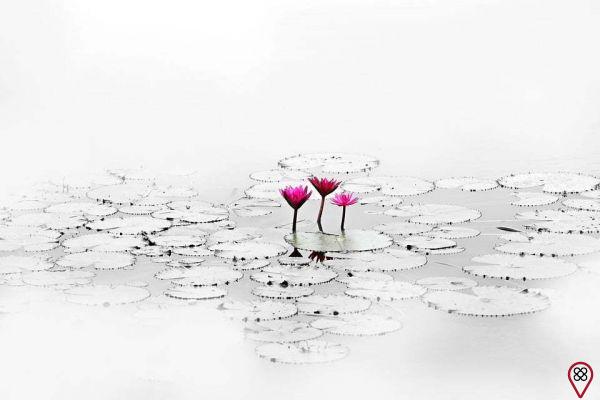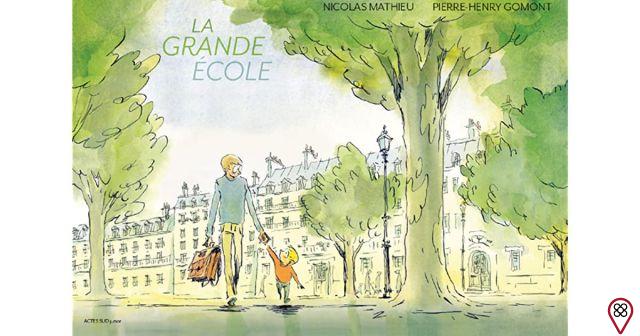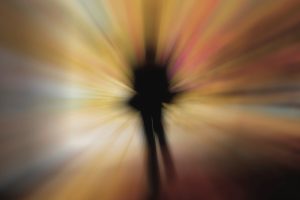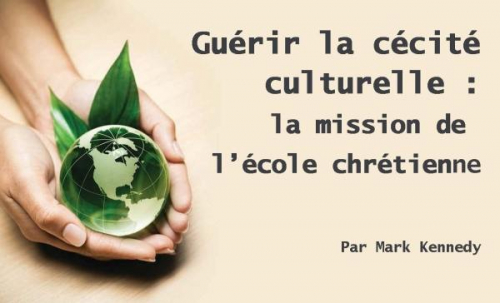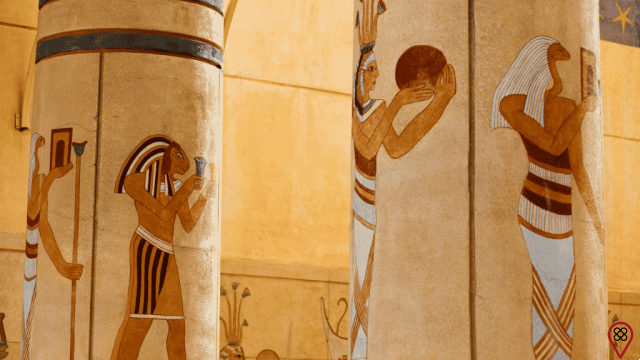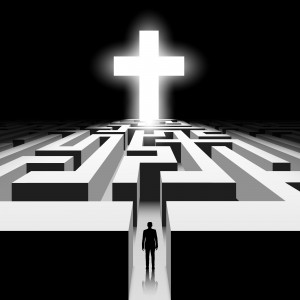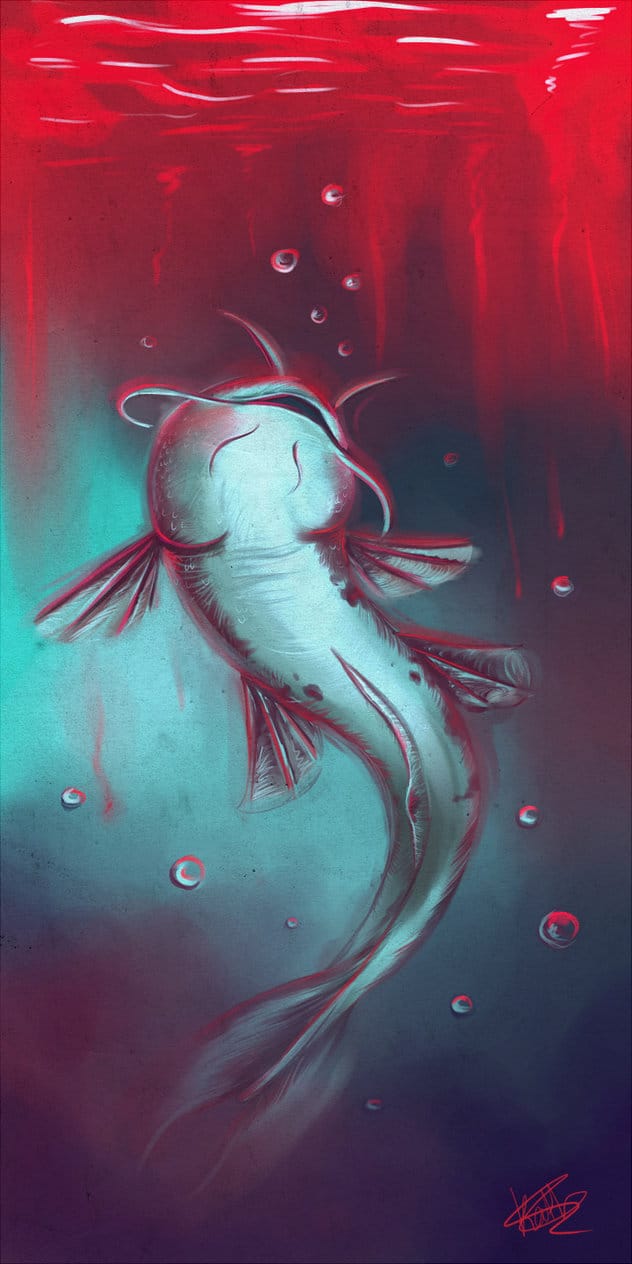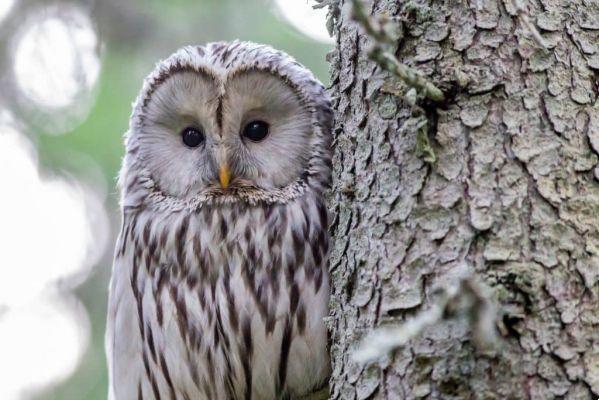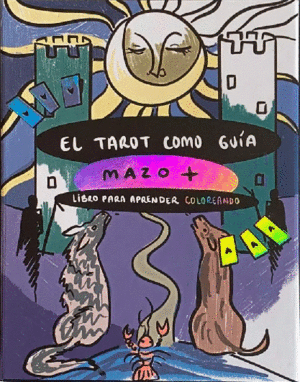
Myth scholar Joseph Campbell (1904 – 1987) claimed that most of the great stories found in the world symbolically refer to our personal spiritual journey. So the myths talk about our “demons” and internal enemies, the struggle for freedom and the lessons we need to learn to become a whole person. In this imaginary infinity, the Kabbalah's “Tree of Life” and the Tarot blades seem to point that way.
The origin of the tarot is quite obscure and controversial. The divinatory character of the cards is their best known and most popular aspect. However, the tarot is much more: a dive into the cosmic patterns that govern existence. The deepest level of the cards can only be noticed by those who let go of attachment to the material world.
The tarot is made up of 78 cards, divided into two groups: the minor arcana (56 cards) and the major arcana (22 cards). This last set is the most important, and forms the foundation of the tarot, with its rich symbology. The major arcana develop the hero's journey (as Campbell understood it), symbolized by the “Fool” (or “The Fool”, unnumbered card), towards self-realization.
The Fool represents the condition of human beings on Earth. He begins his journey, full of hope and unconcerned with the risks. It is the time of discoveries and the first steps towards the unknown.
On the way, the Fool meets The Mage (card 1), which seems to have the entire world under control. All the elements of life are at his disposal and he overflows with wisdom. The Mage asserts that all life exists to be conquered.
The Fool finds next the Priestess (card 2), shrouded in mystery and secrecy, intuitive and patient. The Priestess suggests looking beyond the obvious, seeking the depths of all things.
A Empress (card 3) expresses the gentle and nurturing nature. She encourages the Fool to appreciate the natural cycle of everything and to experience the abundance of Life.
O Emperor (card 4) is a strict disciplinarian and demands respect as a leader. Over time, the Fool realizes that he is under the control of the authority and structures imposed by society. With order comes safety and direction.
when finding the High Priest (card 5), belief systems and education are implemented. The Fool begins to discern the moral structure of society and learns to adapt to the system.
The Fool now desires a deep connection with others (The Lovers, or The Lover, letter 6). Romance and sexual passion, freedom of thought, choice and self-expression are at the forefront.
Focusing on success, through hard and determined work, the Fool moves forward, driven by his strength and mental zeal. (The Car, card 7). There is no downtime for the Fool: time is money.
The Fool discovers how his own actions have consequences and settles old debts (Justice, letter 8). Honesty and equity define him and he realizes that you really reap what you sow.
The Fool's idea of the world changes. And it leads you to spend long periods meditating on yourself. (The Hermit, letter 9). Deep truths are revealed and he isolates himself from the world, wanting to find out more.
The Fool is at a turning point (A Roda da Fortuna, card 10). He acquires a broader point of view, seeing the connections between things. Soon his bearing will be changed to a new direction.
The Fool develops his character and resolve (The Force, card 11). He now understands the need to be patient and to accept events. His sense of compassion and forgiveness gives him a measure of control during difficult times.
From now on, Bobo makes choices in a different way, putting his personal interests aside. (The Hanged Man, card 12). He knows that he must put his efforts towards a greater purpose. All action is suspended, waiting for a right opportunity.
The old ways run out (Death, letter 13). It is the transition to a new phase: what is old is no longer good for the Fool. It is inevitable and necessary to focus only on the essentials.
To Temperance (card 14), the Fool finds balance and gets rid of excesses. It's time to take care of health and emotional balance.
Materialism and vices were conquered (The Devil, letter 15). The Fool is no longer caught off guard or controlled. Old fears are replaced by faith.
Suddenly, the Fool acquires true understanding (To Rook, card 16). Crises, blows and humiliations were the necessary catalysts for this revelation. All negativity is swept away in one fell swoop.
Hope for the future is restored (The Star, card 17). Aware of the blessings received, the Fool yearns for greater meaning in life. Love flows naturally to him and his generosity demands nothing in return.
All fears and false ideals forsake the Fool (A Lua, card 18). Your mind is stimulated and your imagination opens up new horizons.
The Fool acquires deep enlightenment and feels truly free (The Sun, card 19).
The day of reckoning approaches (The Judgment, letter 20). The Fool has been reborn completely transformed and recognizes his true calling.
The target has been reached (The World, letter 22). The Fool has conquered his own heart's deep desire. His gifts are offered to the world. The journey is complete.
References
“The Tarot Journey”
“The Tarot of Marseille” – Carlos Godo – Pensamento Publishing – São Paulo;
“Tarot Archetypes- The Fool’s Journey “



